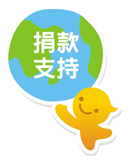我與地球公民基金會的NGO專業交流—Sarah Berg|Pure Earth
您在這裡
您在這裡
| 本會 台北辦公室主任兼農地違章工廠專案負責人吳沅諭因參與美中關係委員會的專業人才交流計畫,於去年九月至美國紐約展開約一個月與環保團體 Pure Earth 的交流。該團體的工作者Sarah Berg,也受該計畫邀請,來台參訪地球公民,並於兩週的參訪後,留下了過程的文字紀錄。 |
我是 Sarah Berg,在Pure Earth擔任公關部門副總監。Pure Earth是一個致力於解決低收入和中等收入國家鉛和汞污染的環境健康NGO。今年四月,我有幸透過美中關係委員會的互惠專業人才交流計畫,在台灣度過了兩周時間,深入了解領導台灣環保議題的倡議組織-地球公民基金會(CET)在環境正義的工作。作為交流計畫的一部分,Pure Earth的紐約總部在 2023 年 9 月接待了 CET 台北辦公室主任兼農地違章工廠專案負責人吳沅諭。這是一次難得的機會,我迫不及待地想要分享我的經歷。
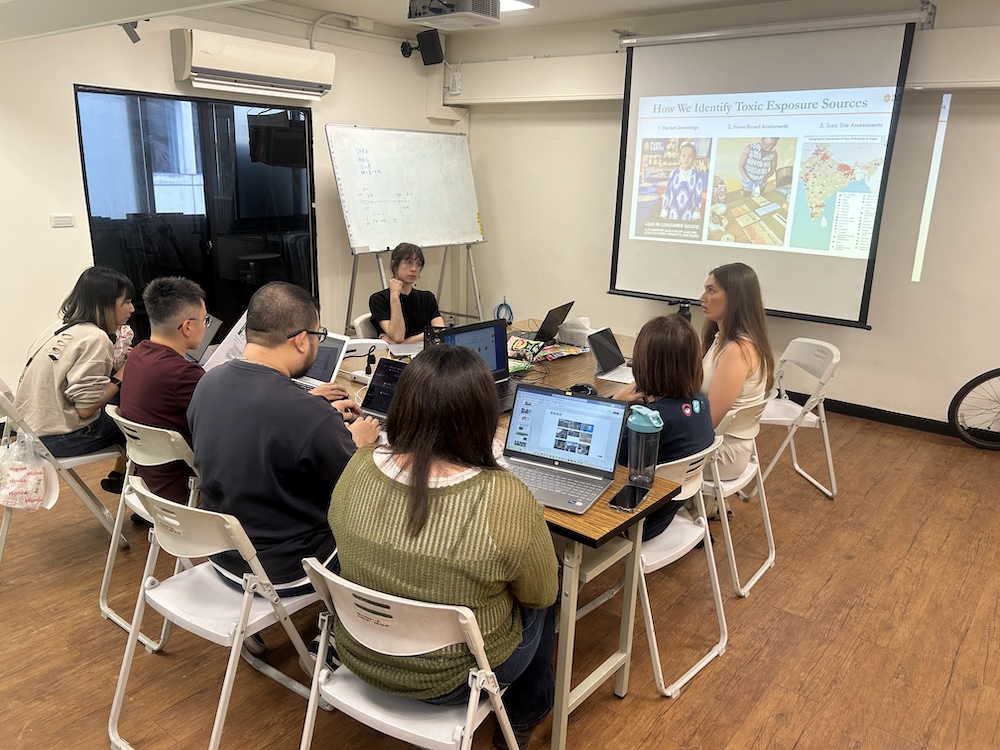
(吳沅諭 攝)
在這兩周的時間裡,沅諭和 CET 團隊熱情地接待了我,並安排行程,讓我參觀了CET位於台北、花蓮和高雄的辦公室。在每個辦公室,我向他們介紹了 Pure Earth 和我們在低收入和中等收入國家解決鉛和汞中毒問題的工作,包括我們的重要的計畫和研究,如「有毒地點識別計劃」、有關消費品中含鉛的新研究、Pure Earth官網,以及我們的公關行動,包括社交媒體活動、新聞宣傳、紀錄片製作和數據視覺化等。在我分享之後,我們討論美國和台灣的環境正義工作、參與社區的方法,以及不同的募款和發展策略。我們的對話拓寬了我的視野,揭示減少環境污染和永續變革的多樣策略,以保護公共健康與環境。
從第一天開始,CET 草根倡議工作的強大價值體系就顯而易見。花蓮發生了一場恐怖的 6.1 級地震後,沅諭和 CET 同事確認大家是否安好。在那天早餐時,副執行長黃斐悅表現出同理和冷靜,提醒我們要體會花蓮人民在一系列地震中經歷的土地和生計的變化。儘管有語言限制,CET 的每位工作人員都不遺餘力地讓我感到舒適,並解釋他們的工作和為什麼他們這麼努力要保護台灣的環境。在和 CET 公關主任雅晶一起吃了麵和臭豆腐後,我了解了 CET 的媒體行銷和嚴謹的記者會策略,這些策略目的是為引起政府和當地利害關係人的注意。在我們用法語交談時,她向我介紹了 CET 幾十年的環境行動和領導力。
除了辦公室拜訪,沅諭和 CET同事還帶我進行了廣泛的田野調查,讓我第一手觀察和學習他們影響深遠的工作。在花蓮,山林國土專員梁聖岳開著四輪驅動車,帶我們穿越河流和農田,參觀了亞泥礦場、水力發電廠(CET 反對其對當地原住民社區母親河的影響)、地熱和太陽能光電場址。
在高雄,執行長王敏玲和環污能源專員葉品咸帶我們一個以環境不正義為主題的現勘,考察了鄰近有毒工業區旁的住宅和農業區。我們參觀了一個被石化工業侵害的稻田,以及曾經是漁村現在卻被煉油廠和鋼鐵工業支配的大林蒲社區,CET 在倡導環境正義和解決工業活動造成的嚴重污染扮演了重要角色。
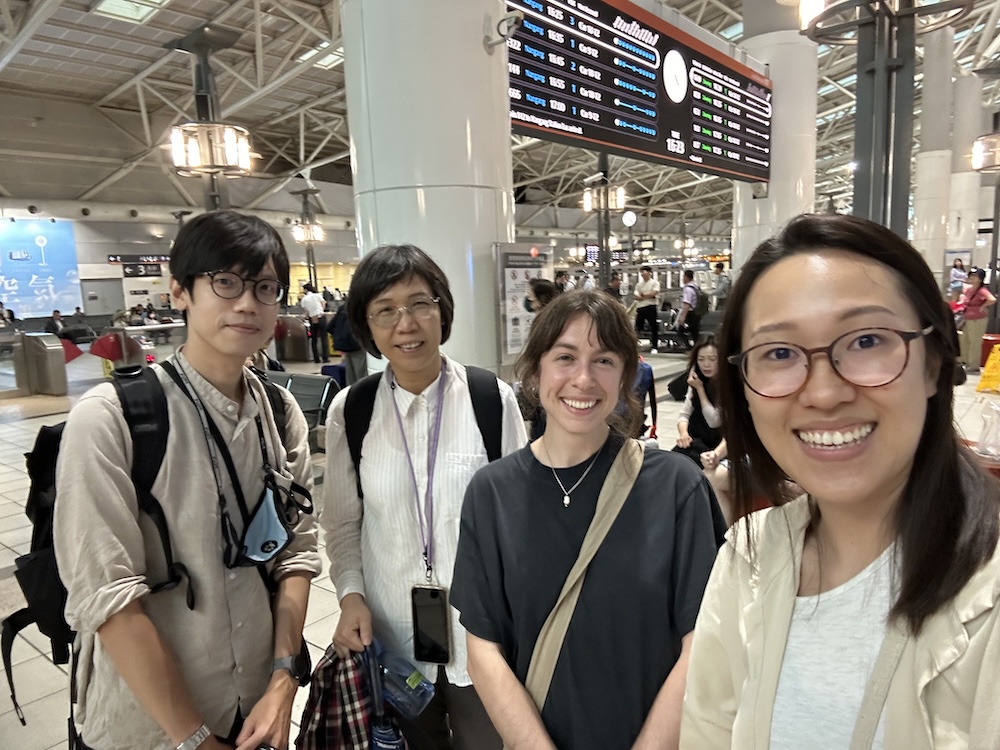
(吳沅諭 攝)
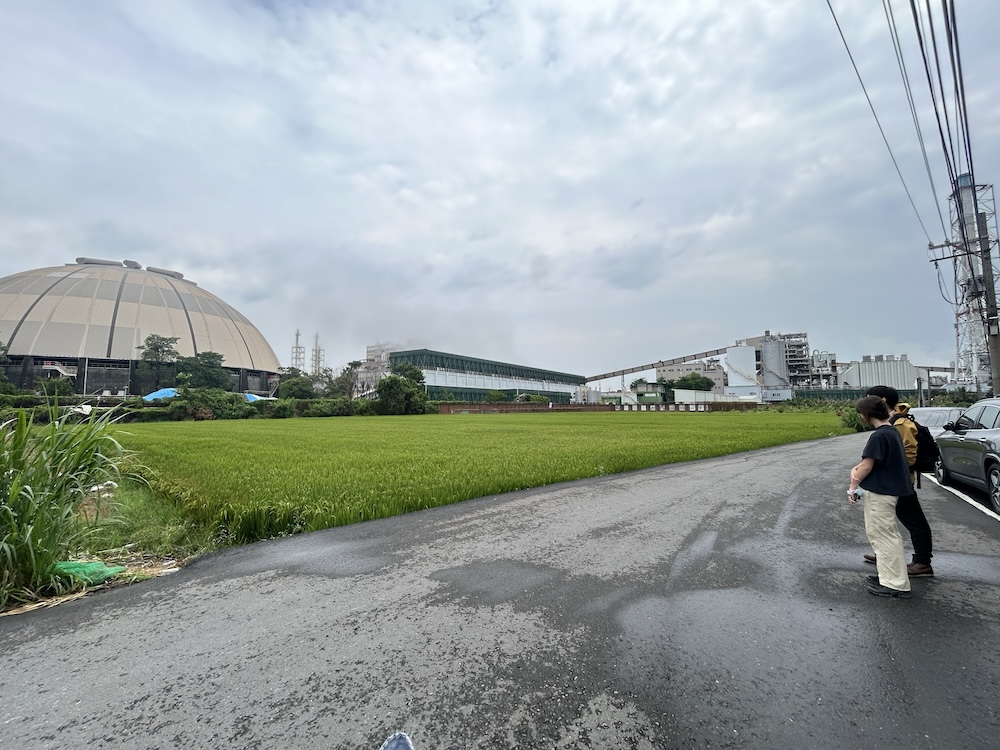
(吳沅諭 攝)
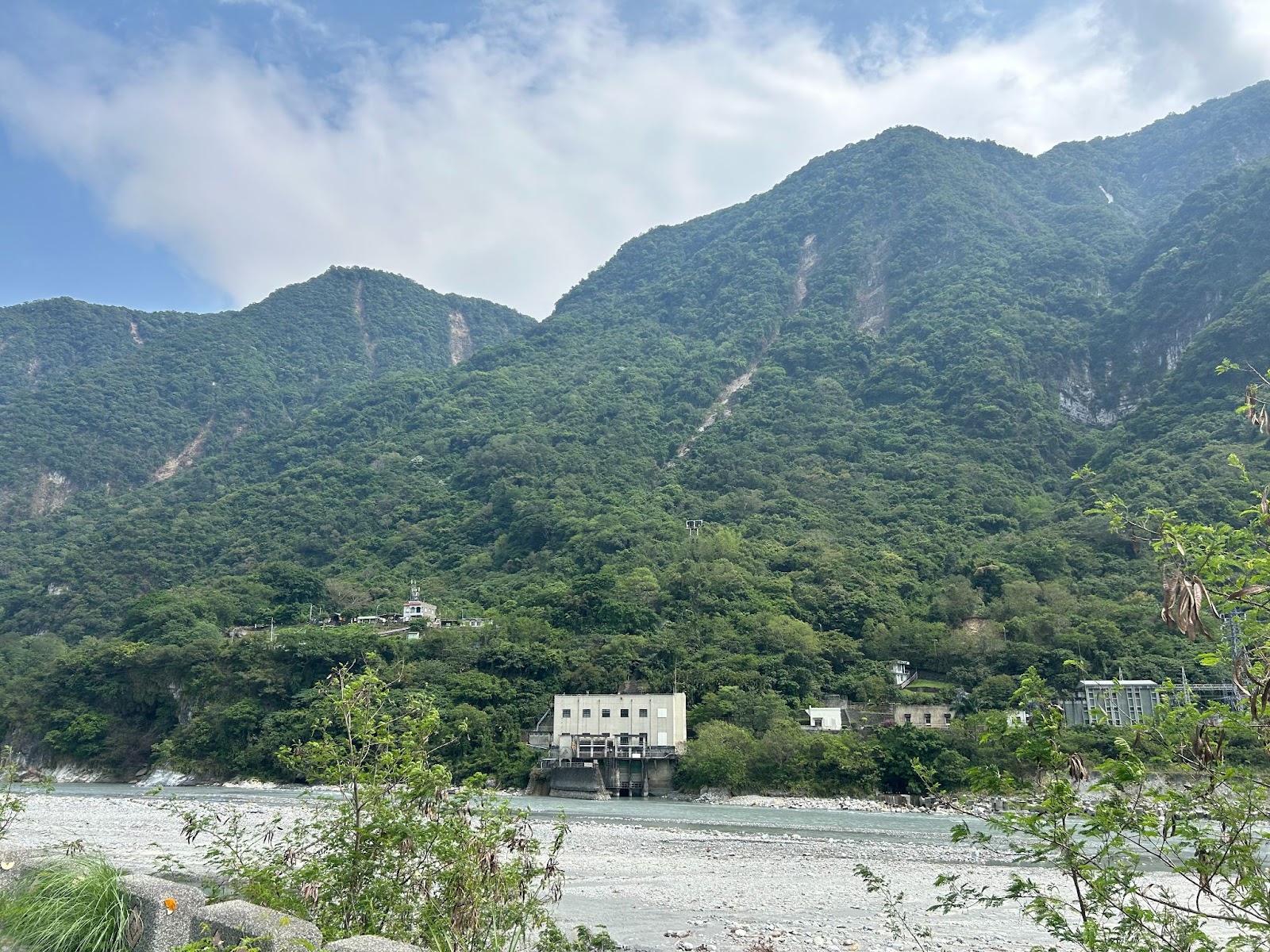
(Sarah Berg 攝)
我將在交流中學到的許多經驗帶回 Pure Earth。CET 的「農地違章工廠」專案旨在督促政府執法和拆除違章工廠,並提高公眾對該問題的認識。為此,CET 創建了一個透過來自工廠附近居民回報的互動網站來標註違章工廠,並開發了一款線上遊戲,教導學生和年輕人認識這個議題。我很驚豔這個模式的潛力, Pure Earth 可以使用類似的公眾教育工具來提高人們對鉛和汞污染。
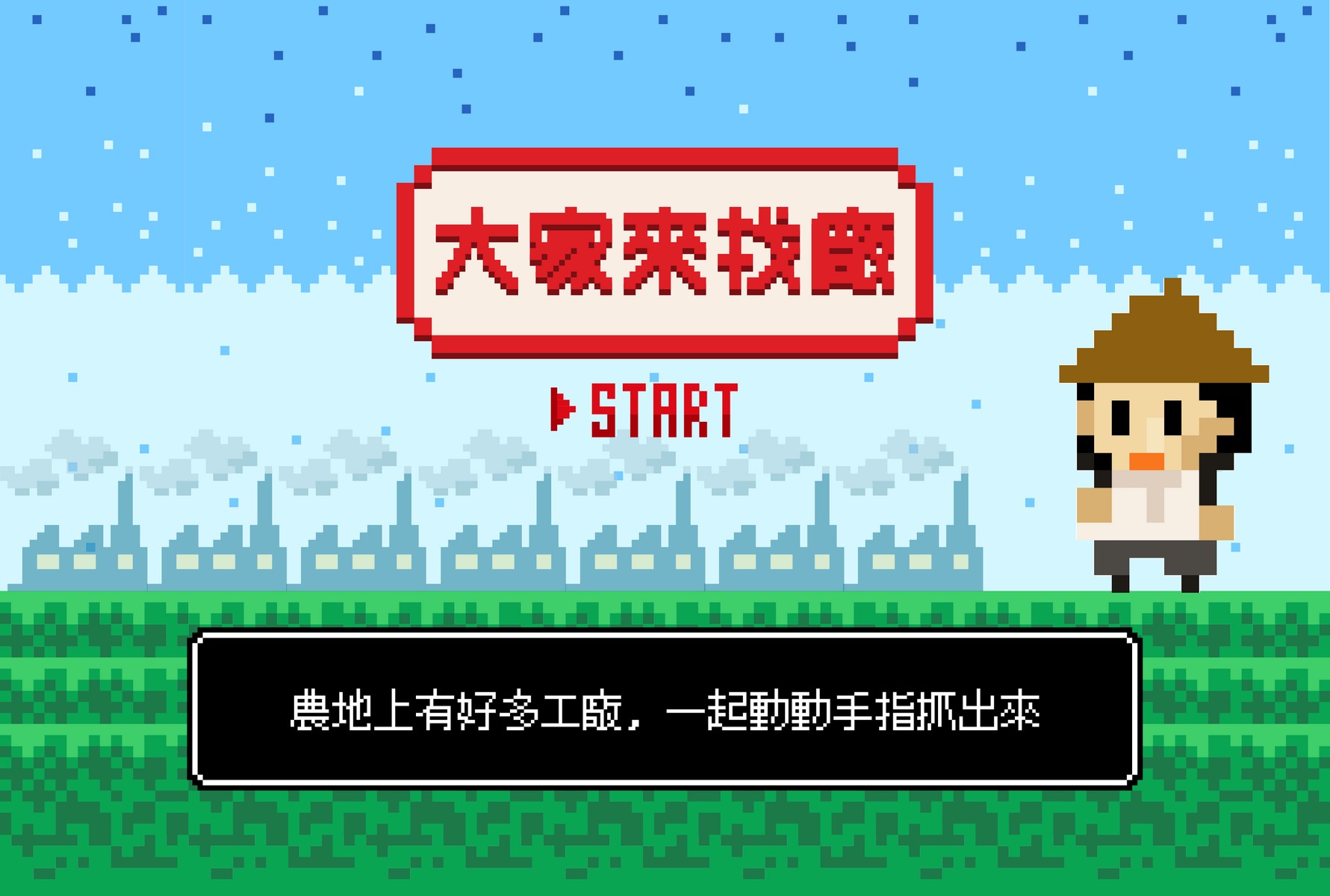 大家來找廠。(圖/地球公民基金會)
大家來找廠。(圖/地球公民基金會)
我從這次交流中得到的體會是,跨文化理解和合作對於解決全球問題至關重要,像是污染和環境不正義。在經歷了兩周的高速移動、深入討論、中英翻譯和地震後,沅諭和我成為了親密的朋友。在最後一晚,我們在她推薦的客家餐廳共進晚餐。她送給我一張客家民謠的CD,而我則回贈她一本中文版的《尋找母樹》,我們知道我們的道路在未來會再次交會。我的經驗證實了這類旅行和沉浸式文化體驗有可能促進相互尊重和理解。CET 正在改變台灣許多社區的生活,能夠見證和學習 CET 團隊為環境正義奉獻的工作,真的是令人深受啟發。我想感謝沅諭和 CET 的溫暖、慷慨和熱情款待,以及 Margot Landman 和 NCUSCR 團隊為我提供了這個難得的機會。
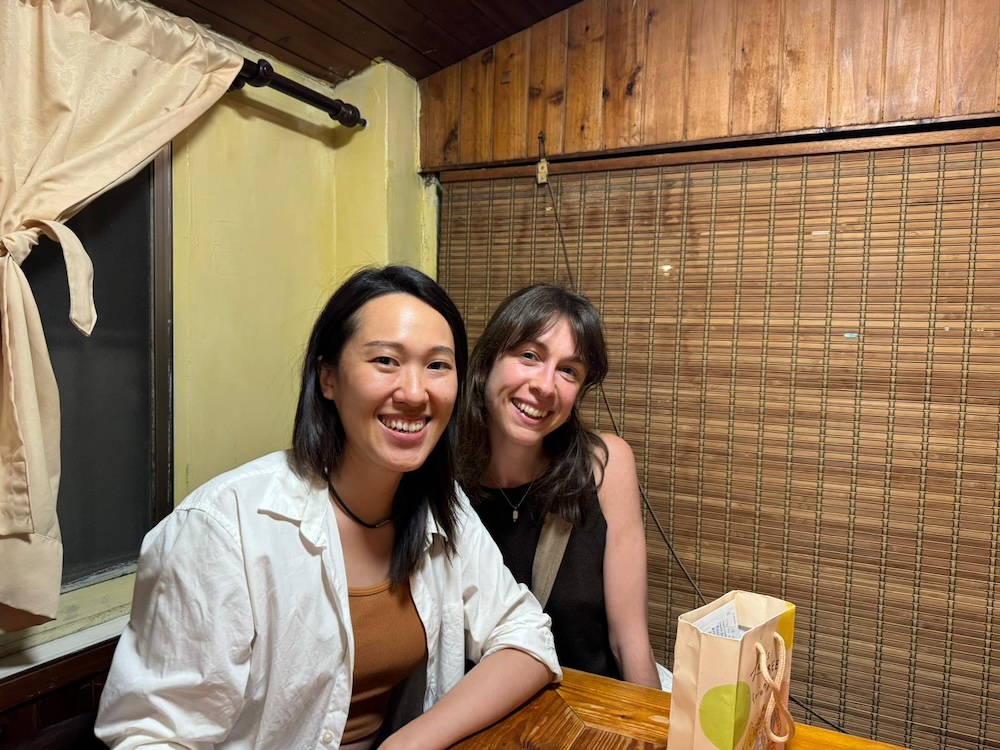
(吳沅諭 攝)
關於美中關係委員會(NCUSCR)專業人才交流計劃(PFP)
PFP 是一項針對中國、香港、蒙古、台灣和美國新興領袖的雙向交流,涵蓋環境、慈善、法律援助和社區建設等領域。這個獨特的交流計畫為NGO專業工作者提供了深入了解美國非營利部門的機會。該計劃由美國國務院教育和文化事務局資助,旨在提高非政府部門專業人員的能力。
關於 Pure Earth
Pure Earth 成立於 1999 年,是以奠基證據的解方,來解決汞和鉛中毒及污染問題的先驅。我們堅持透明、合作、影響力衡量和卓越技術的承諾,與世界各地的夥伴一起合作,持續解決鉛和汞污染的根本原因。我們優先保護生活在有毒熱點的兒童和孕婦的大腦和身體,旨在停止許多低收入和中等收入國家普遍存在的多代中毒循環。Pure Earth 與政府、社區和產業合作,識別並實施解決方案,來制止毒物暴露、保護健康和修復環境。了解更多請訪問 www.pureearth.org。
My name is Sarah Berg, and I’m the Assistant Director of Communications for Pure Earth, an environmental health NGO focused on addressing lead and mercury pollution in low- and middle-income countries. In April, I had the unique opportunity to spend two weeks in Taiwan through the National Council on US-China Relations’ Professional Fellows Program, which is funded by the U.S. State Department. I was there to learn about the environmental justice work of Citizen of the Earth, Taiwan (CET), the leading environmental advocacy group in Taiwan. As part of the exchange program, Pure Earth hosted Yuan-Yu (Eva) Wu, CET’s Director of the Taipei Office and Project Manager for Illegal Factories on Farmlands, at our headquarters in New York in September 2023. It was an incredible opportunity, and I'm eager to share some of my experiences.

(吳沅諭 攝)
For two weeks, Eva and the CET team graciously hosted me and organized my itinerary, which included visits to CET’s offices across Taiwan in Taipei, Hualien, and Kaohsiung. With each of CET's offices, I presented Pure Earth and our work to address lead and mercury poisoning in low-and middle-income countries, including our key programs and research. I shared about our Toxic Site Identification Program, new research on lead in consumer products, leadpollution.org, and our communications initiatives, including our social media initiatives, press outreach, video documentaries, and data visualizations I created. Following my presentations, we had group discussions about environmental justice work in the United States and Taiwan, methods of community outreach and involvement, and different fundraising and development strategies. Our conversations broadened my perspective, revealing the varied strategies of reducing environmental pollution and making sustainable changes to protect public health and the environment.
From the very first day, the strong value system that guides the grassroots advocacy work of CET was evident. In Hualien, after a terrifying 6.1 earthquake early in the morning, Eva and CET staff checked in to make sure everyone was safe and okay. At breakfast that day, Fei-Yueh, Deputy Secretary General, was a grounding presence - compassionate and calm, reminding us to also feel what the people of Hualien were going through after a series of earthquakes in the area, affecting their land and livelihoods. Despite language barriers, every CET staff member I met went above and beyond to make me feel comfortable and to explain not only what they do, but also why they work so hard to protect Taiwan’s environment. Over noodles and stinky tofu with CET’s Director of Public Relations, Ya-Jing, I learned about CET’s media marketing and rigorous press conference strategies, which are designed to draw the attention of government and local stakeholders. As we spoke in French, our common language, she told me about CET’s decades of environmental activism and leadership that inspire her.
In addition to office visits, Eva and CET staff brought me on extensive field visits across Taiwan, where I observed and learned about their impactful work firsthand. In Hualien, Sheng-Yueh Liang, Campaigner, Forest and Land Use, took us on a tour of significant renewable energy and industrial sites in an all-wheel-drive truck, driving through rivers and farmlands. We visited a limestone surface mine, a hydroelectric plant opposed by CET for its impact on an important river for local indigenous communities, a geothermal energy site, and solar panel farms. In Kaohsiung, Min-Ling Wang, Secretary General, and Pin-Hsien, Campaigner, Energy and Industry, led a field trip centered on the environmental injustice of toxic industry located near homes and agriculture. We visited a rice farm encroached upon by petrochemical industries, and Dalinpu, a former fishing village now dominated by oil refineries and steel industries, where CET has played a significant role by advocating for environmental justice and addressing the severe pollution caused by the extensive industrial activities.

(吳沅諭 攝)

(吳沅諭 攝)

(Sarah Berg 攝)
There were many things I learned that I will bring back with me to Pure Earth. CET’s Illegal Factories on Farmlands program aims to pressure the government to enforce and dismantle illegal factories and raise public awareness about the issue. To do this, CET created an interactive website that maps the illegal factories, using crowdsourced data from communities living near the factories, and an online game that teaches students and young people about the issue. I was struck by the potential for how Pure Earth might be able to use similar public education tools in our work to raise awareness of lead and mercury pollution.
 大家來找廠。(圖/地球公民基金會)
大家來找廠。(圖/地球公民基金會)
What I take away from this exchange is that cross-cultural understanding and collaboration are crucial to solving global issues, such as pollution and environmental injustice. After two weeks of bullet trains, thoughtful discussions, English/Mandarin translation, and earthquakes, Eva and I were close friends. On the last night of the program, we had dinner together at a Hakka restaurant she picked out. She gave me a CD of a Hakka folk music group, and I gave her a copy of Finding the Mother Tree in Mandarin, knowing our paths would cross again in the future. My experiences confirmed for me that this kind of travel and cultural immersion has the potential to foster mutual respect and understanding. CET is making a difference in the lives of many communities across Taiwan, and it was profoundly inspiring to witness and learn from the CET team who have dedicated their careers to environmental justice. I want to thank Eva Wu and CET for their warmth, generosity, and hospitality, and Margot Landman and the team at NCUSCR for providing me with this remarkable opportunity.

(吳沅諭 攝)
About the National Committee on US-China Relations (NCUSCR) Professional Fellows Program (PFP)
The PFP is a two-way exchange for emerging leaders in China, Hong Kong, Mongolia, Taiwan, and the United States in the fields of environment, philanthropy, legal aid, and community building among marginalized populations. The program is a unique exchange that offers NGO professionals the opportunity to gain a hands-on understanding of the American nonprofit sector. The program, funded by a grant from the U.S. Department of State’s Bureau of Educational and Cultural Affairs, is a capacity-building project for professionals in the non-governmental sector. The PFP is funded by the U.S. State Department.
About Pure Earth
Established in 1999, Pure Earth is a pioneer in developing evidence-based solutions to mercury and lead poisoning and pollution. Guided by our commitment to transparency, collaboration, impact measurement and technical excellence, Pure Earth works with partners around the world to sustainably address the root causes of lead pollution and mercury pollution.
We prioritize actions to protect the developing brains and bodies of children and pregnant women living in toxic hot spots. We work to stop the multigenerational cycle of poisoning that is endemic in many low and middle-income countries. Pure Earth partners with governments, communities and industry to identify and implement solutions that stop toxic exposures, protect health, and restore environments. Learn more at www.pureearth.org.

